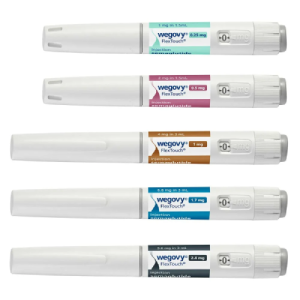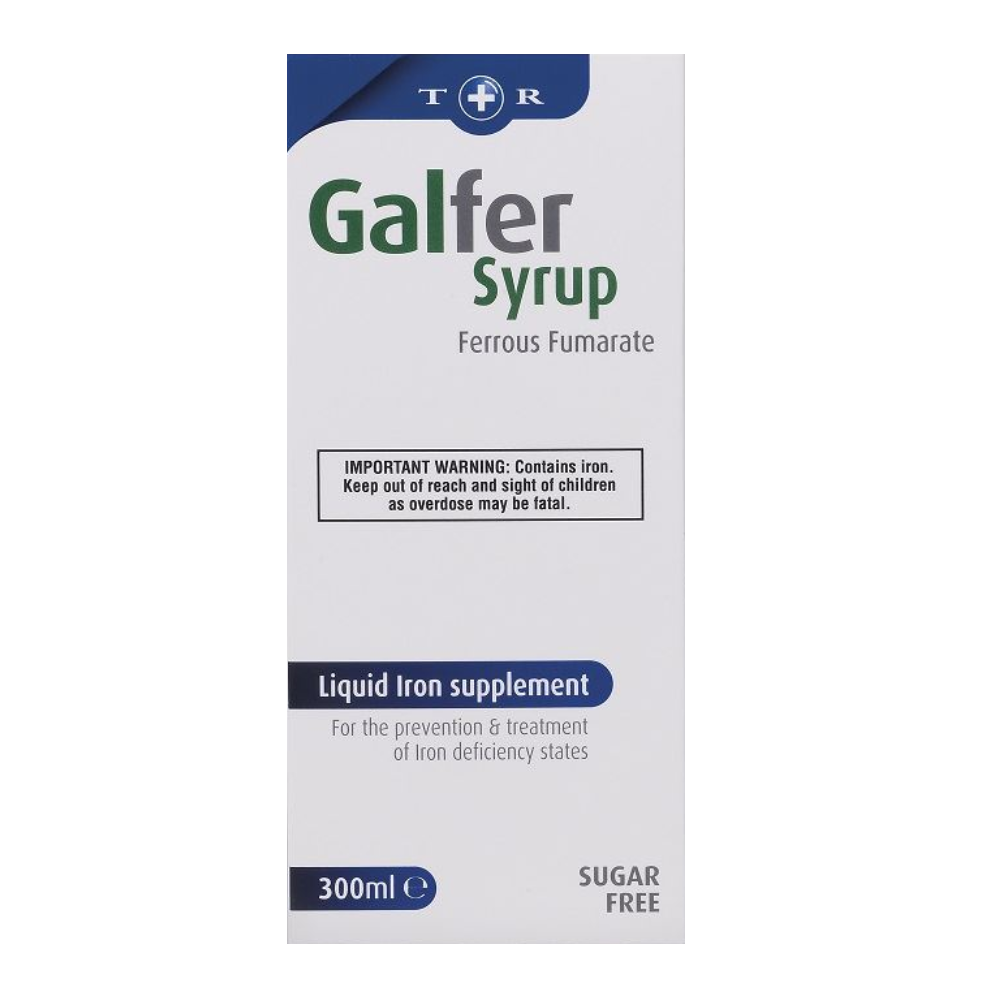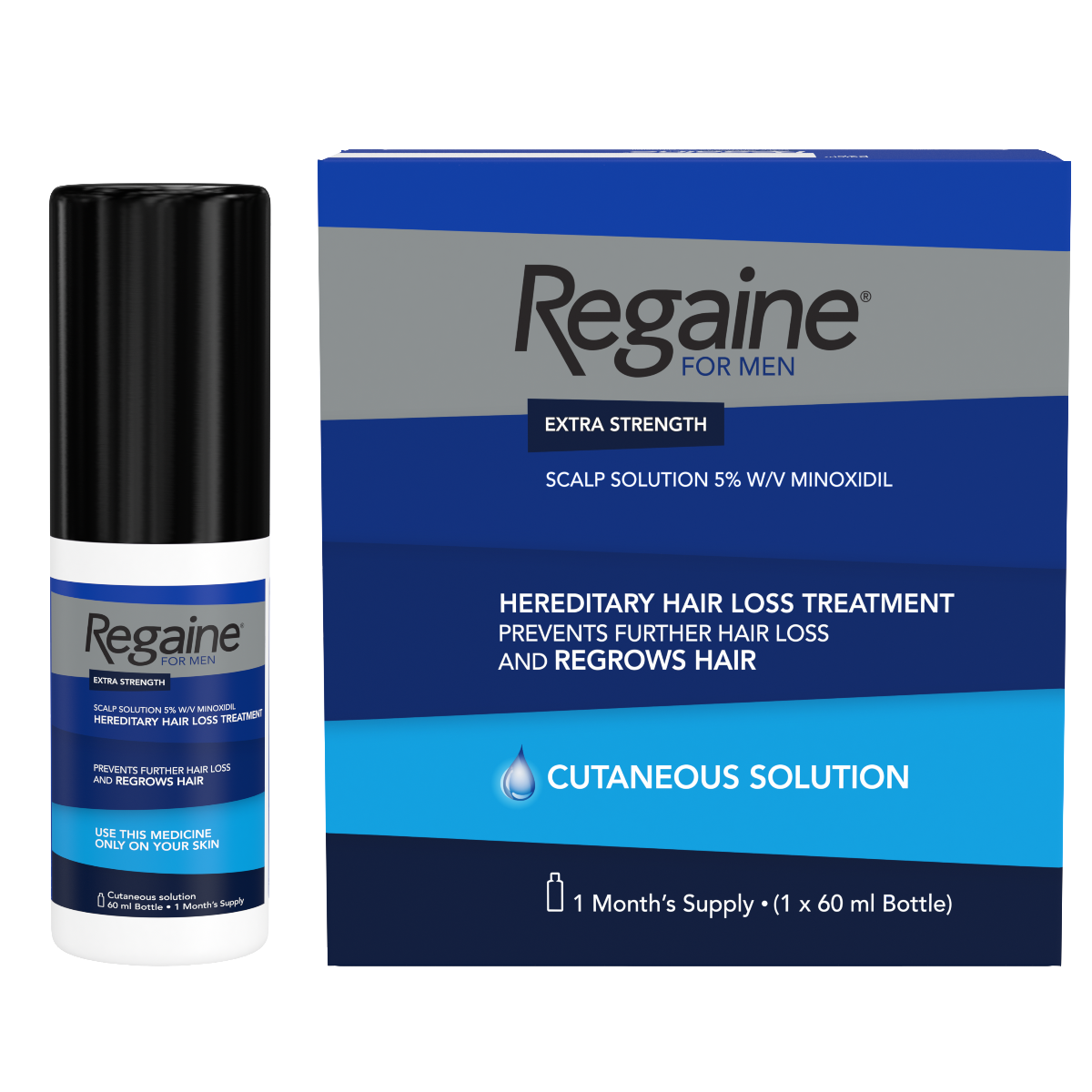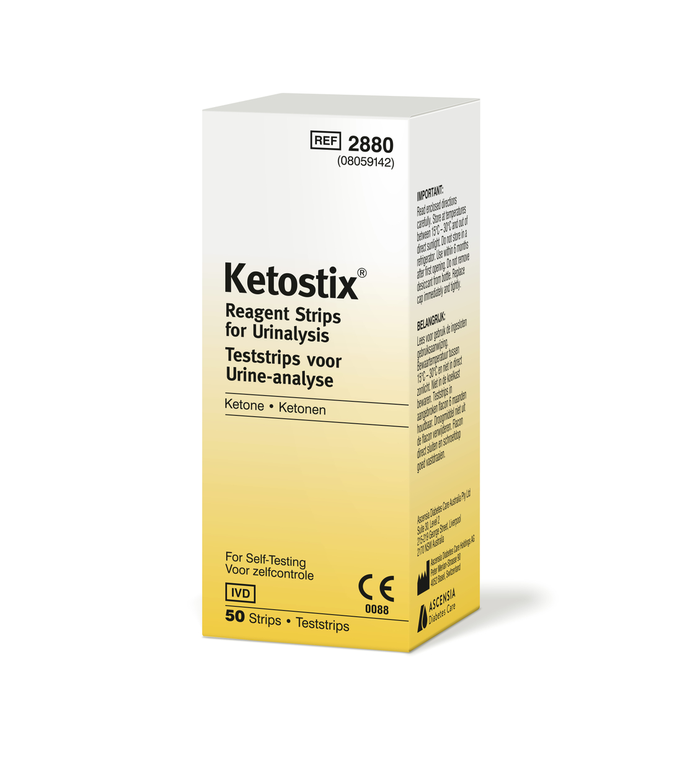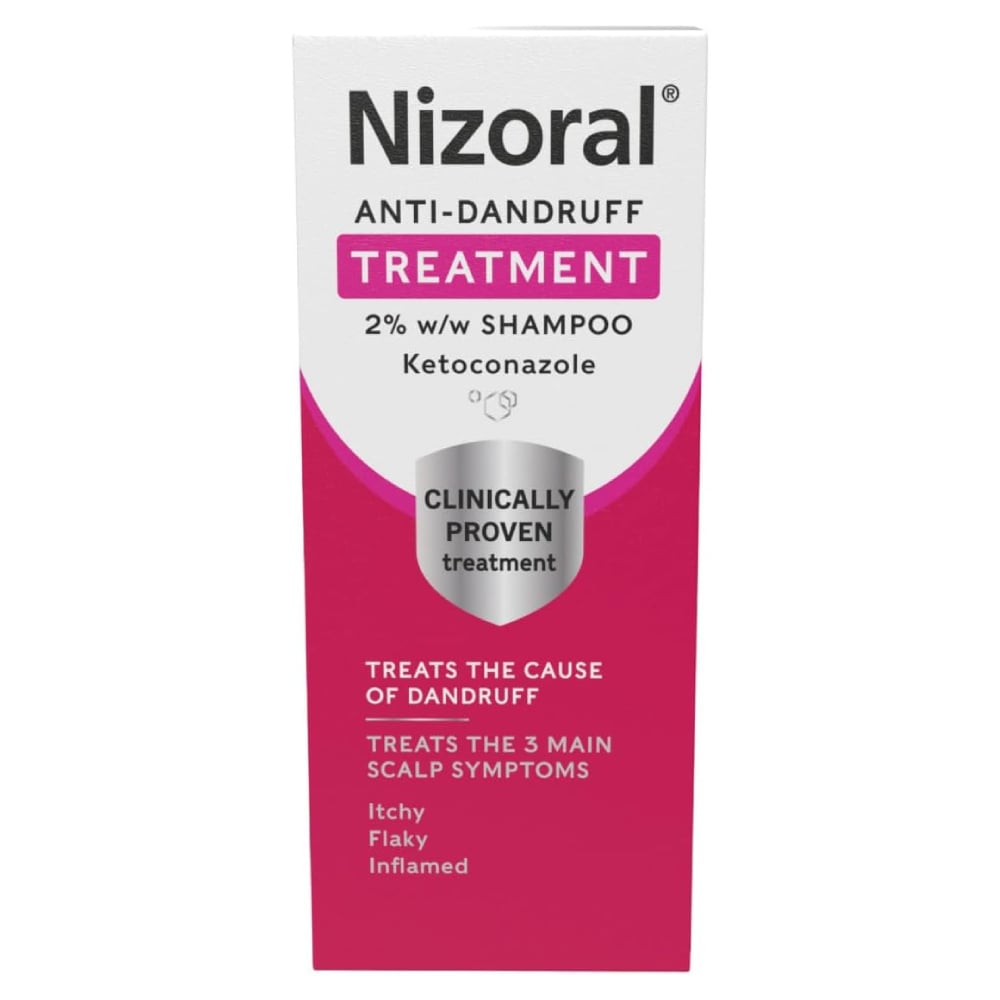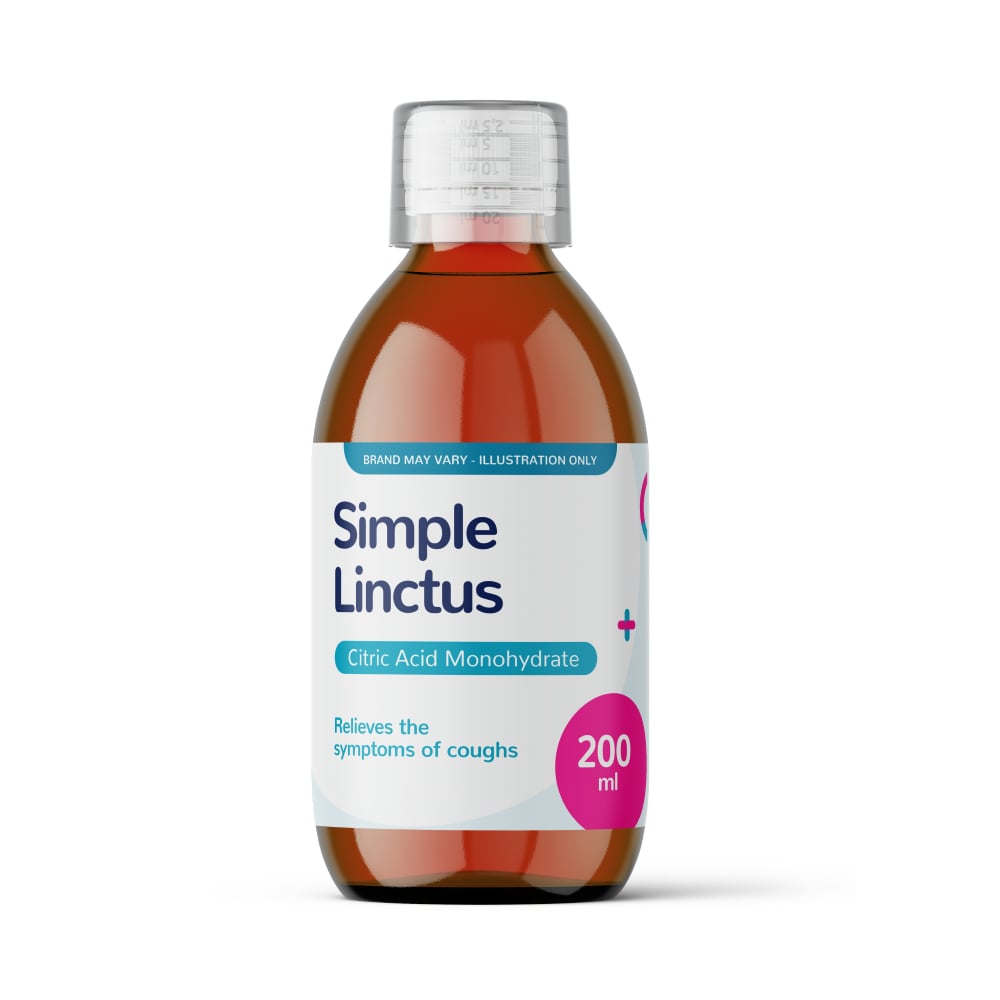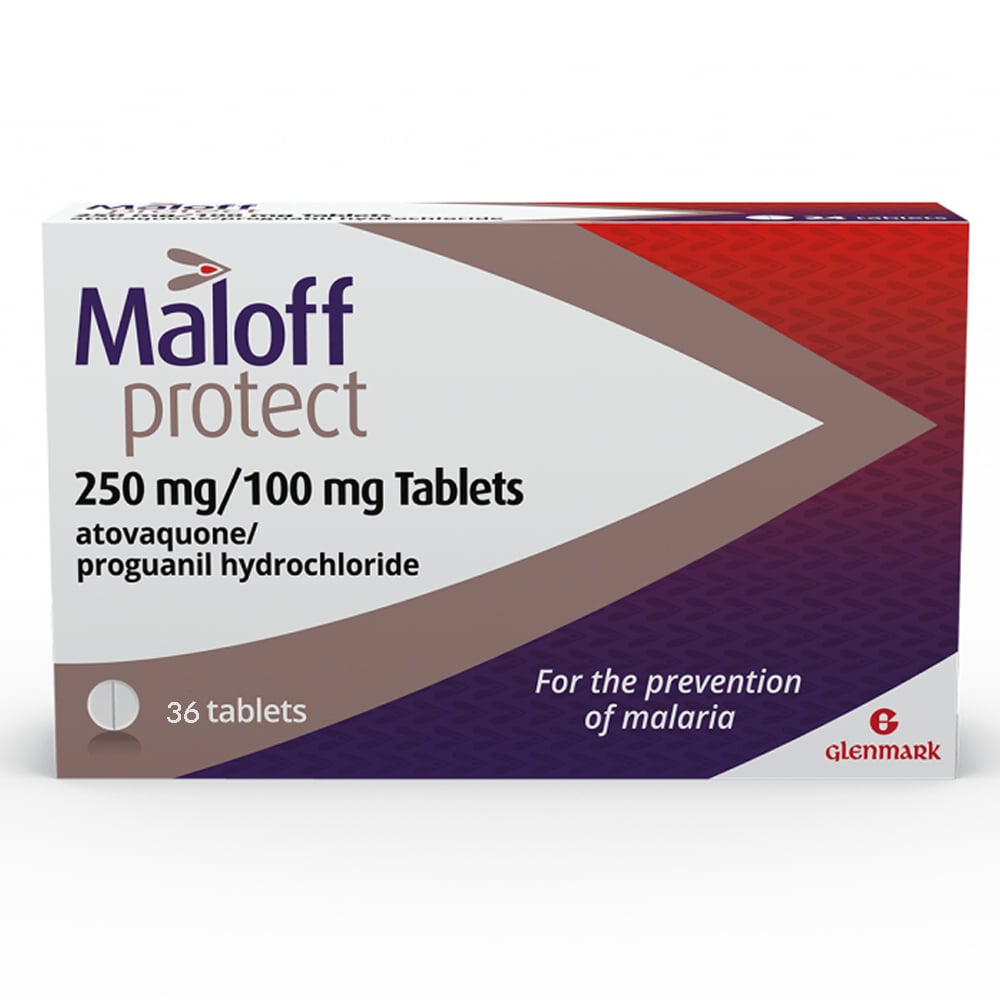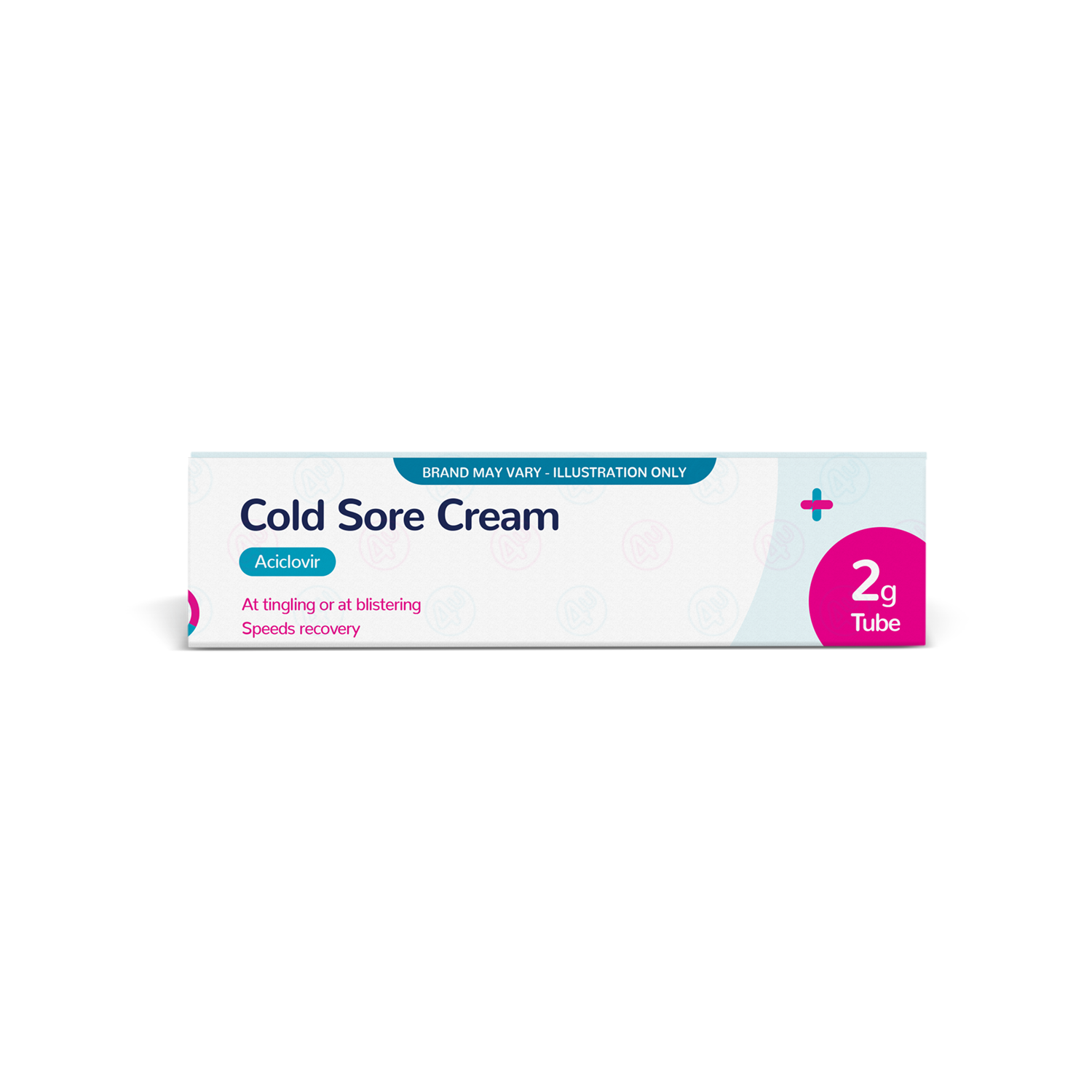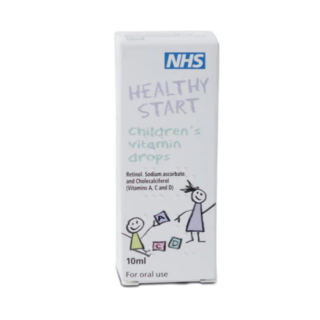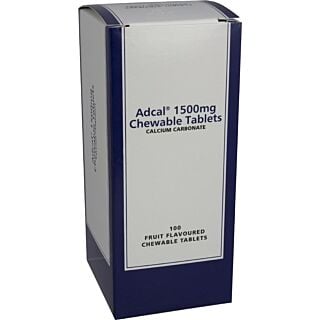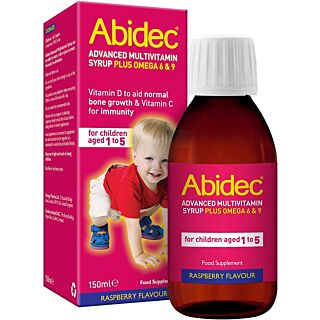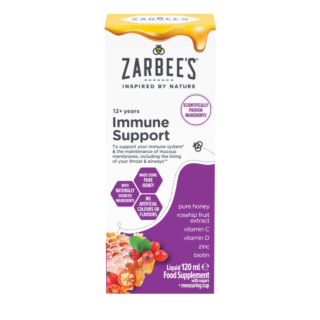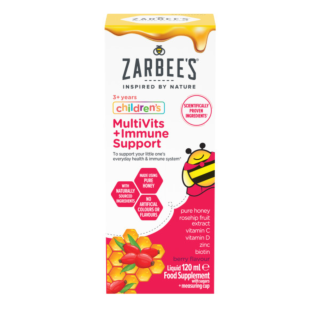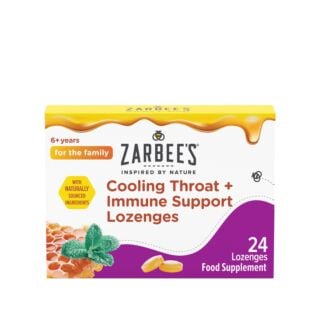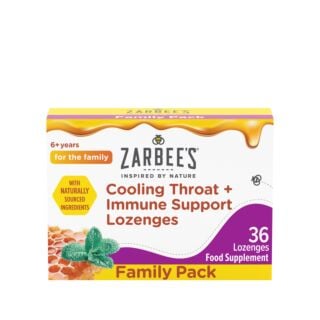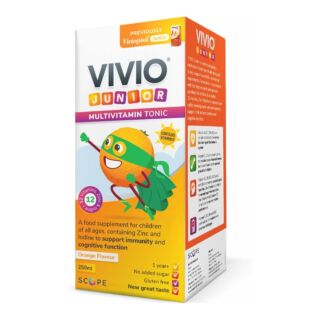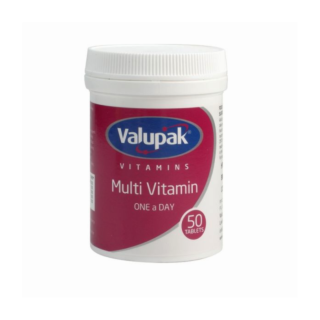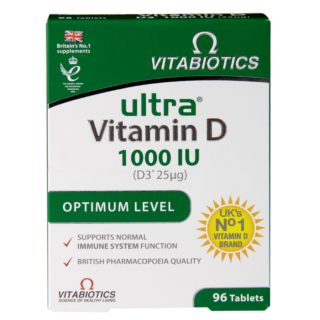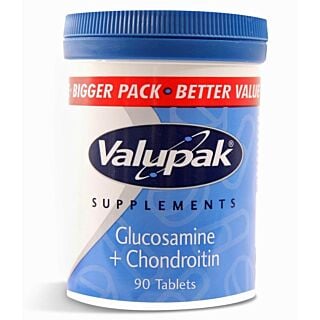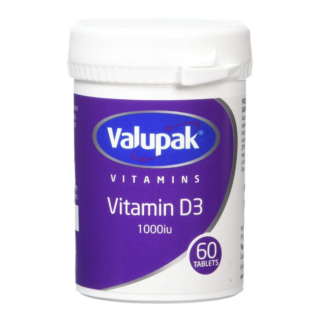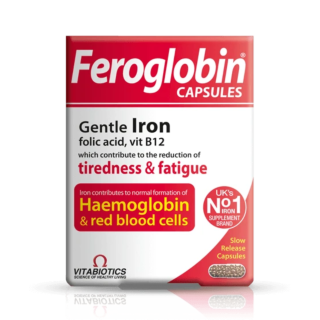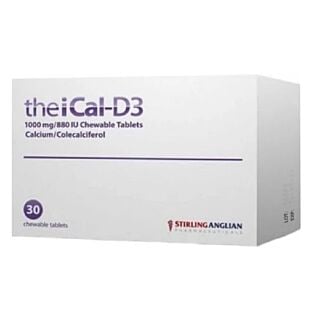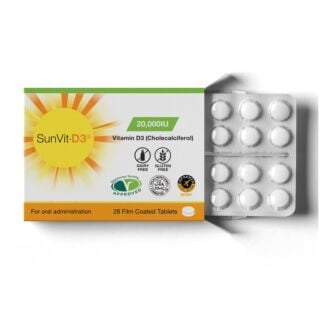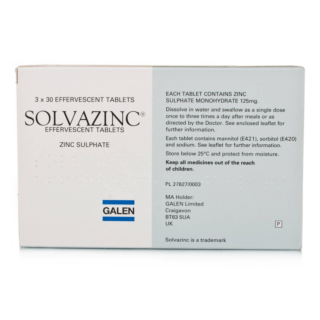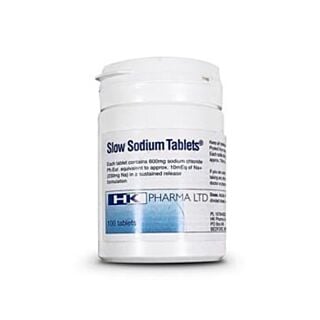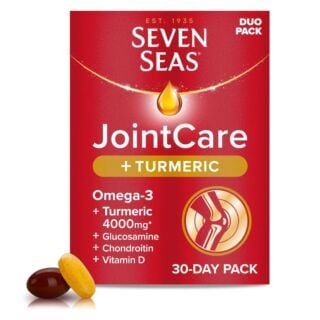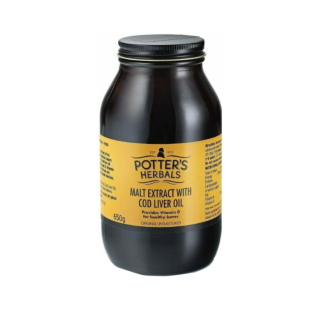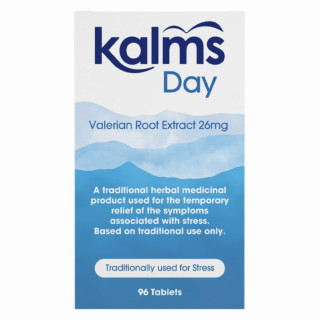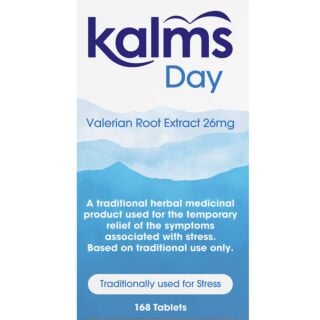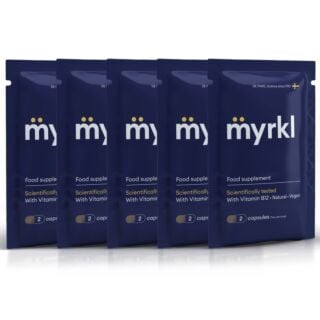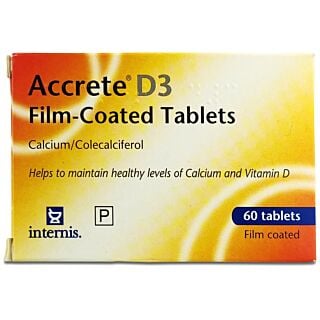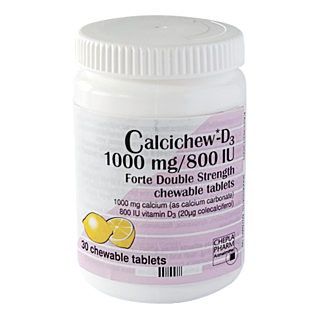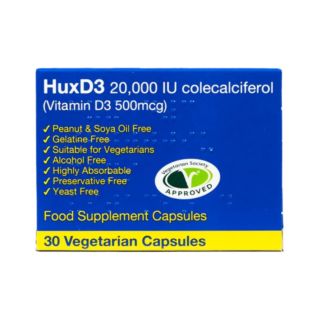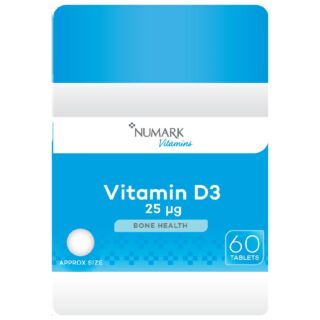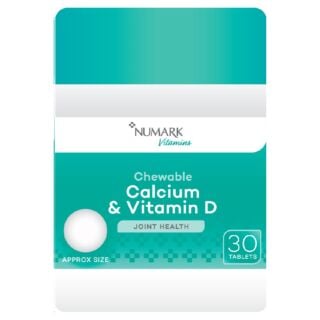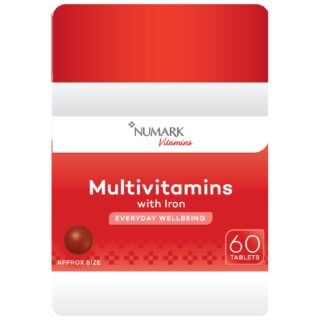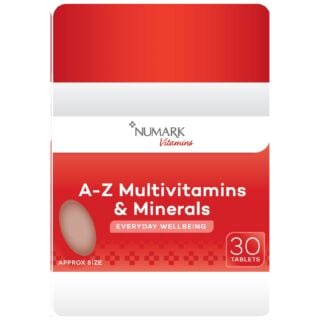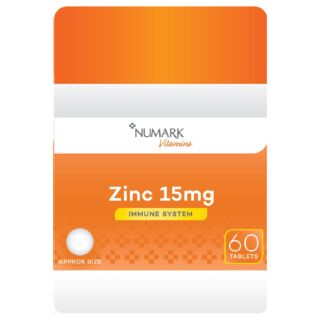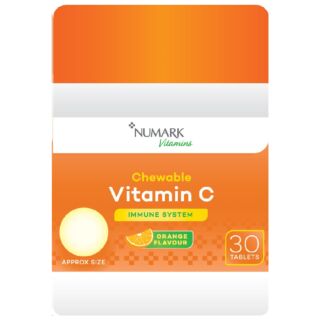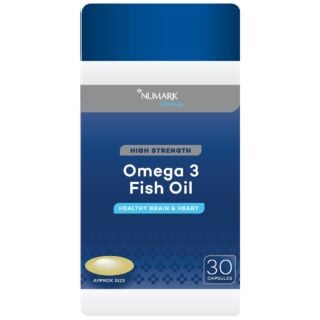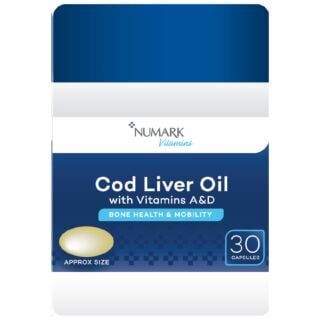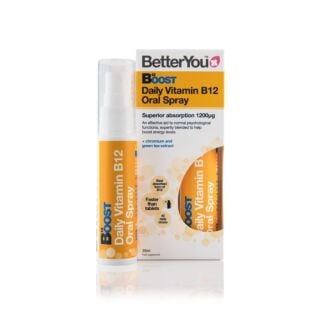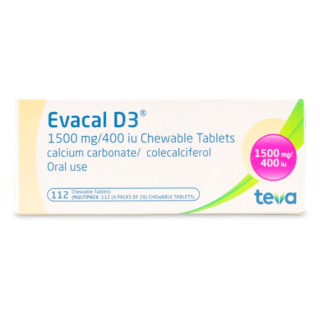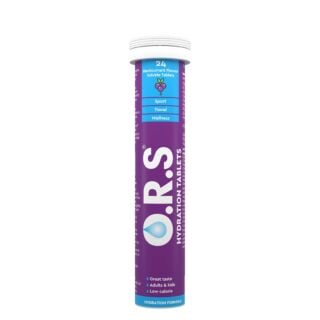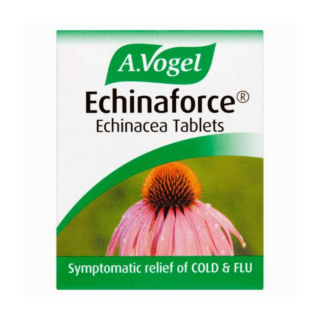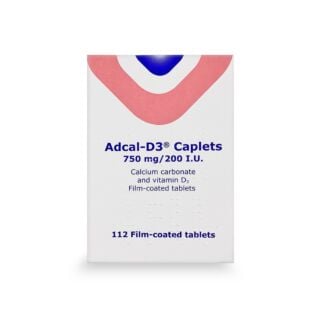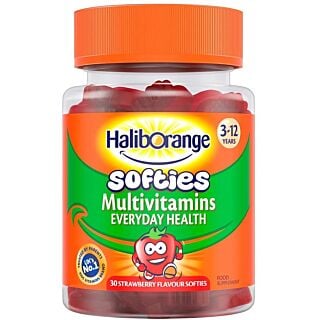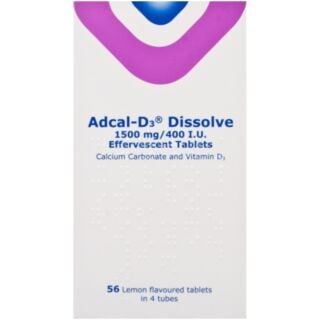Vitamins & Minerals

Free delivery when you spend over £30

100% discreet delivery for every item ordered

Fully regulated UK pharmacy
Are gummy vitamins better for children?
It depends on your child’s preferences.
Gummy vitamins are easier for children to take due to the soft texture and the range of flavours available, and you can even disguise them as a delicious treat to convince your child to enjoy an essential source of goodness.
However, sometimes gummy vitamins have a lower vitamin count and may contain a higher amount of sugar compared to a chewable variety, but chewable vitamins may have a chalky texture that your child might not like.
Are gummy vitamins halal?
Gummy vitamins are a popular choice, especially for those who struggle to take tablets, like small children.
However, most gummy vitamins are usually made with the animal product gelatine, so you’ll need to look for a vegetarian alternative or a halal-certified product.
But these might still contain alcohol, so always read the label carefully to be safe.
Can adults take children’s vitamins?
Children and adults have different dietary needs, so it’s best not to take children’s vitamins during adulthood unless advised by your doctor.
Taking them probably won’t cause you any harm, but you may find that you’ll be lacking the essential vitamins you need for your age.
However, the dosage is typically lower in children’s vitamins compared to an adult variety, and they’re easier to take, too.
If you’re concerned about experiencing side effects with stronger vitamins or struggle to take them, speak to your doctor to see if they’d be right for you.
Can vitamins interfere with sleep?
If you’re taking vitamin D too close to bedtime, it may affect your sleep quality, as high amounts of vitamin D in the body may interfere with the production of melatonin.
However, other studies suggest that having a low amount of vitamin D in your body may lead to a higher amount of disturbances, and reduced sleep quality and duration.
It’s probably easier to take your vitamins along with your morning meal, but until there is concrete evidence, experiment and find a routine that works best for you.
Can you overdose on vitamins and supplements?
Yes, you can overdose on vitamins and supplements, so it’s important to take care with the supplements you’re taking.
You should not take more than one multivitamin a day.
These products will often contain the same vitamins and this can lead to you accidentally taking too much.
If you’re taking a multivitamin, you should also be very careful if you’re taking any separate singular supplements, such as a vitamin d supplement — you could end up taking too much if these overlap.
You can find out which vitamins and minerals are in your supplements by checking the nutritional values table on the packaging, so make sure you’re never doubling up on any nutrients.
If you have any concerns, make sure to speak to your doctor or pharmacist, just in case.
How do I know which vitamins are vegan?
Look at the label first - you want to get a product that is 100% free from any animal product or animal-derived ingredients.
Most vitamins will boldly state whether they’re suitable for vegetarians or vegans, or have the official green logo on the container to provide clarity to shoppers.
Certain supplements, like omega 3, are harder to find in a vegan alternative.
Who should take B vitamins?
There are 8 B vitamins in total, but the ones you might recognise the most are biotin, folate (folic acid) and vitamin B12.
You can also take a vitamin B complex which includes all of the recommended doses of all 8 in a single supplement.
Vitamin B impacts your energy levels, brain function, metabolism, and is especially important for pregnant and breastfeeding women as it aids fetal development and can reduce the risk of birth defects.
Taking vitamin B is important for older men, too, as it can increase testosterone levels which are thought to naturally decrease with age.

